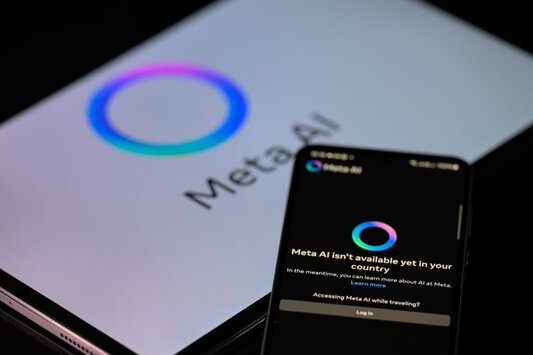
Wondering how Meta's AI team split affects its consumer products and innovation strategy? Recent updates reveal that Meta is dividing its artificial intelligence division into two distinct units: an AI Products team and an AGI (Artificial General Intelligence) Foundations team. This strategic shift aims to enhance the development of both consumer-facing features like those in Facebook, Instagram, WhatsApp, and Meta’s stand-alone AI app, as well as push the boundaries of AI research through advanced models like LLaMA.
The AI Products team will spearhead the development of user-friendly features that seamlessly integrate into Meta’s existing platforms. This includes personalized content recommendations, AI-powered virtual assistants, and smarter chatbots designed to keep users engaged. By focusing on consumer-centric AI, Meta is positioning itself to capture more digital ad revenue and increase engagement metrics across its suite of apps.
Meanwhile, the AGI Foundations unit will tackle Meta's long-term vision of creating more advanced AI systems. This team is tasked with enhancing Meta’s proprietary LLaMA models, a cornerstone of the company’s efforts to develop competitive generative AI technologies. These models are key to Meta’s ambitions to rival industry leaders like OpenAI’s ChatGPT, Google’s Gemini, and Anthropic’s Claude.
Meta’s recent launch of the LLaMA for Startups program signals its commitment to nurturing a developer ecosystem that leverages its generative AI tools.
The company’s LLaMACon event in April served as a showcase of Meta’s dedication to AI innovation, highlighting advancements designed to rival OpenAI's GPT models. By splitting its AI team, Meta can accelerate the rollout of cutting-edge AI features that benefit consumers and drive monetization opportunities, including premium advertising placements and AI-driven marketing solutions.
As competition in the AI space heats up, this strategic pivot places Meta in a stronger position to capitalize on the growing demand for AI-powered tools, automation, and generative content solutions. The company’s focus on consumer engagement and long-term innovation underscores its ambition to dominate both ad-driven platforms and enterprise AI markets.
For marketers and advertisers, this means tapping into Meta’s evolving AI ecosystem can unlock opportunities for high-conversion campaigns, targeted ad delivery, and enhanced customer experiences. Whether through improved ad targeting on Facebook or more engaging content experiences on Instagram and WhatsApp, Meta’s AI evolution is poised to reshape the digital marketing landscape in 2025 and beyond.
𝗦𝗲𝗺𝗮𝘀𝗼𝗰𝗶𝗮𝗹 𝗶𝘀 𝘄𝗵𝗲𝗿𝗲 𝗿𝗲𝗮𝗹 𝗽𝗲𝗼𝗽𝗹𝗲 𝗰𝗼𝗻𝗻𝗲𝗰𝘁, 𝗴𝗿𝗼𝘄, 𝗮𝗻𝗱 𝗯𝗲𝗹𝗼𝗻𝗴. We’re more than just a social platform — from jobs and blogs to events and daily chats, we bring people and ideas together in one simple, meaningful space.